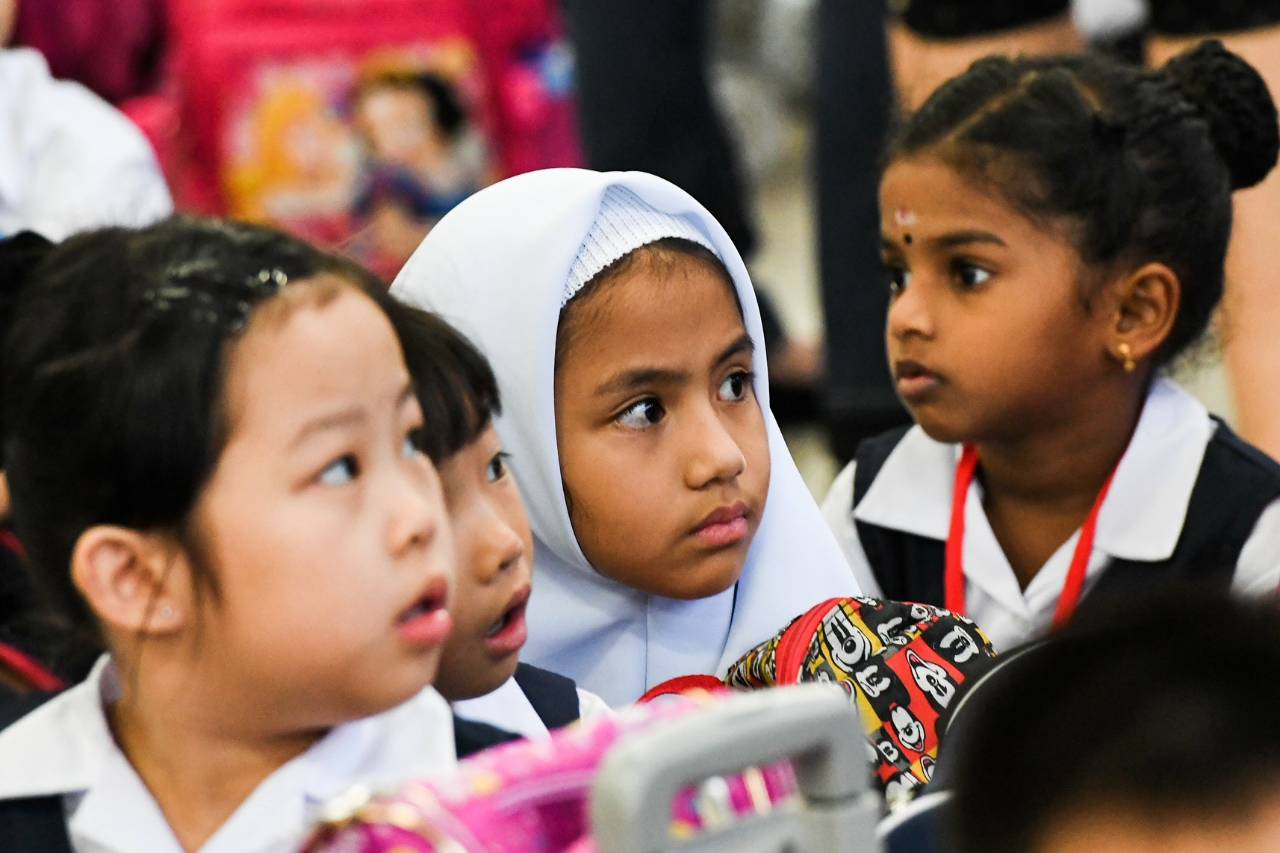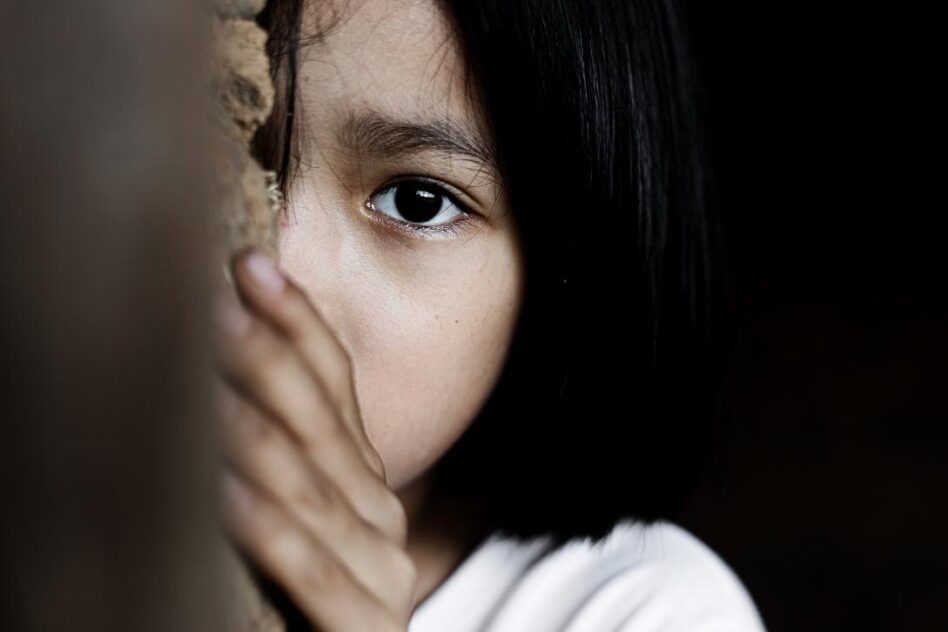WHILE we address the issue of statelessness, we would inevitably look towards education. While these two may seem distinct issues, they are closely interconnected.
The challenge of statelessness is not just a matter of paperwork or legal status, it directly impacts the lives of children who are caught in this predicament.
We are not talking about refugees or foreign nationals, but rather children born to a Malaysian parent and a non-Malaysian parent.
These children, despite their ties to Malaysia, often find themselves excluded from basic rights and opportunities, including access to education.
The current situation we are facing underlines a crucial point: all children, regardless of their status, should have the right to education. The fight for citizenship is one thing, but we must also ensure that the educational rights of these children are not sidelined in the process.
The Zero Reject Policy (ZRP) was created to comply with Malaysia’s Education Act 1996 (Act 550), Section 29A, which requires that all children who turn six years old by the first day of January in any given year must be registered in primary school for that year.
However, statelessness often leaves these children “invisible” in official statistics. This should not be the case, as their rights to education should not be overlooked just because their paperwork is incomplete.
In March 2023, Education Minister Fadhlina Sidek confirmed that stateless and undocumented children could attend government or government-aided schools if at least one parent is Malaysian.
Despite this policy, there are still reports, officially or not, of these children being turned away from schools. It is essential to investigate these cases and determine whether discrimination is involved.
The law must be followed, and those who violate it must be held accountable. The situation is particularly alarming in regions like Sabah, where indigenous children of Malaysian parents are still being denied access to education.
The fact remains that the Federal Constitution, under Article 15(2), allows a person under the age of 21 to be granted citizenship if one of their parents is or was a Malaysian citizen.
This provision guarantees that children born to Malaysian parents should not be deprived of their right to education while their citizenship applications are being processed.
There is also the recent proposal by Tawau MP Lo Su Fui, who has suggested providing a study and employment pass for children with a Malaysian parent while they await their citizenship application results.
This could be an important step in ensuring these children are not left behind in their education while waiting for their citizenship status to be resolved.
Denying children education is not just unfair, it creates long-term barriers to their success. Children without education will face greater challenges in life, including more discrimination and fewer opportunities to thrive.
While they may be allowed to live in Malaysia, without the right to work or study, they will be trapped in a cycle of exclusion. – Nov 20, 2024
Chan Quin Er is the Wanita MCA secretary-general and the MCA information chief.
The views expressed are solely of the author and do not necessarily reflect those of Focus Malaysia.









